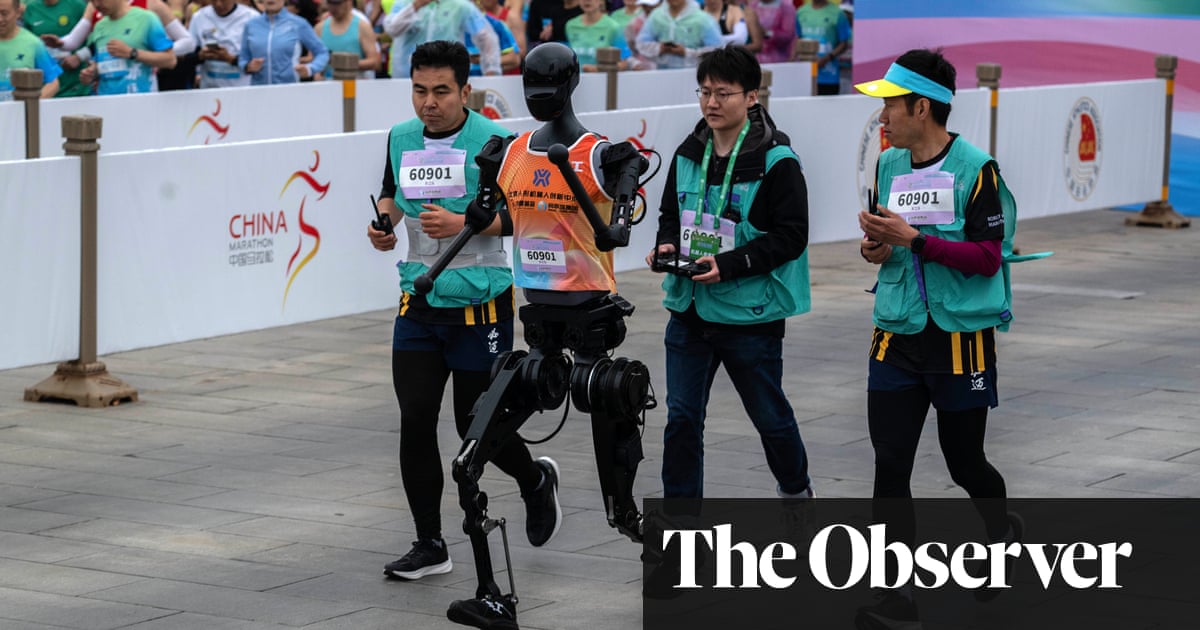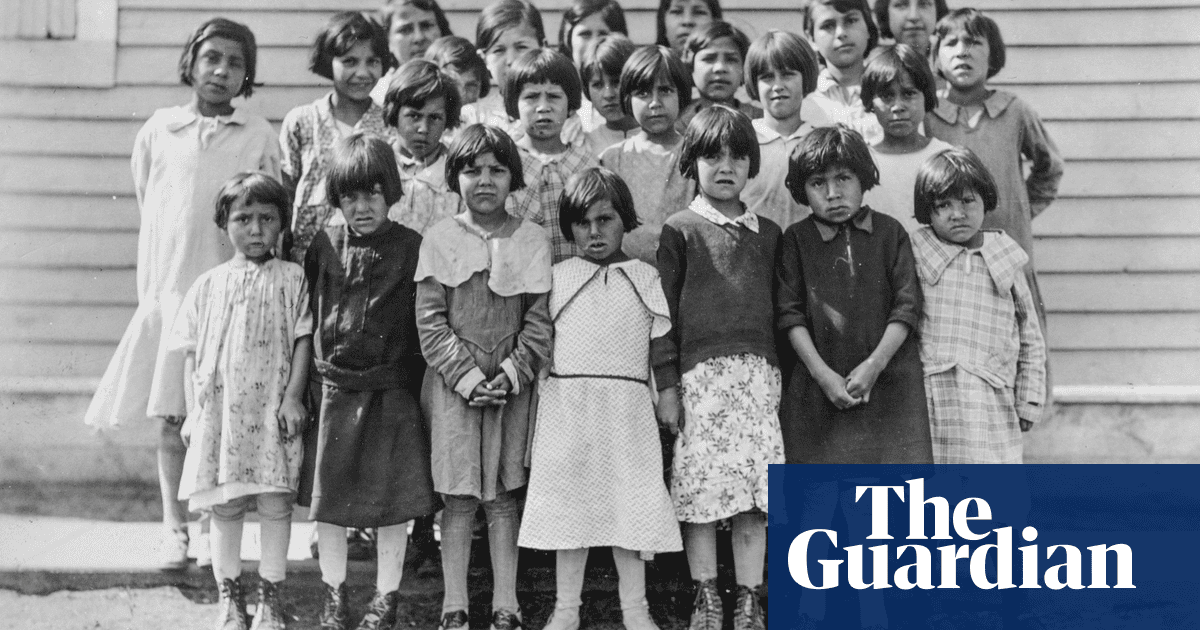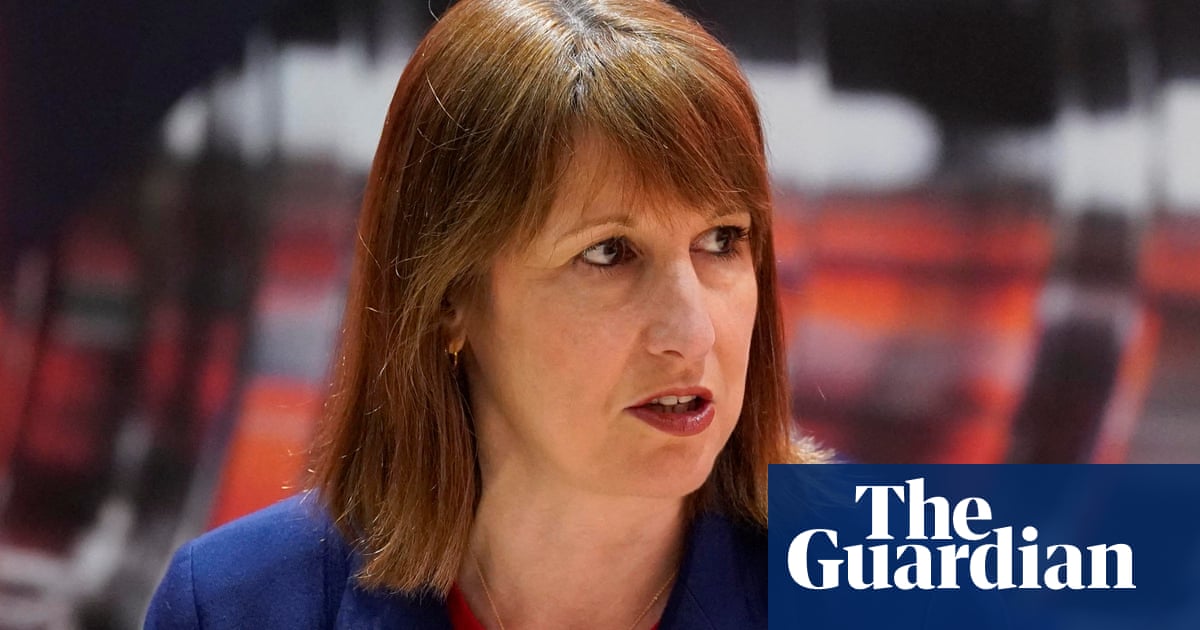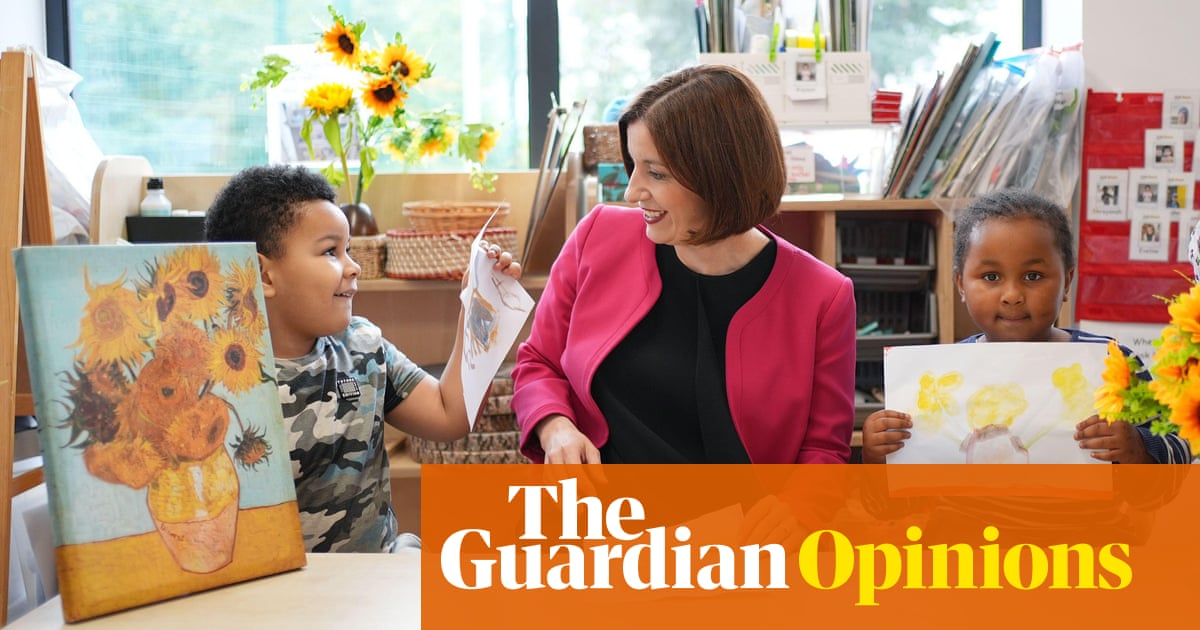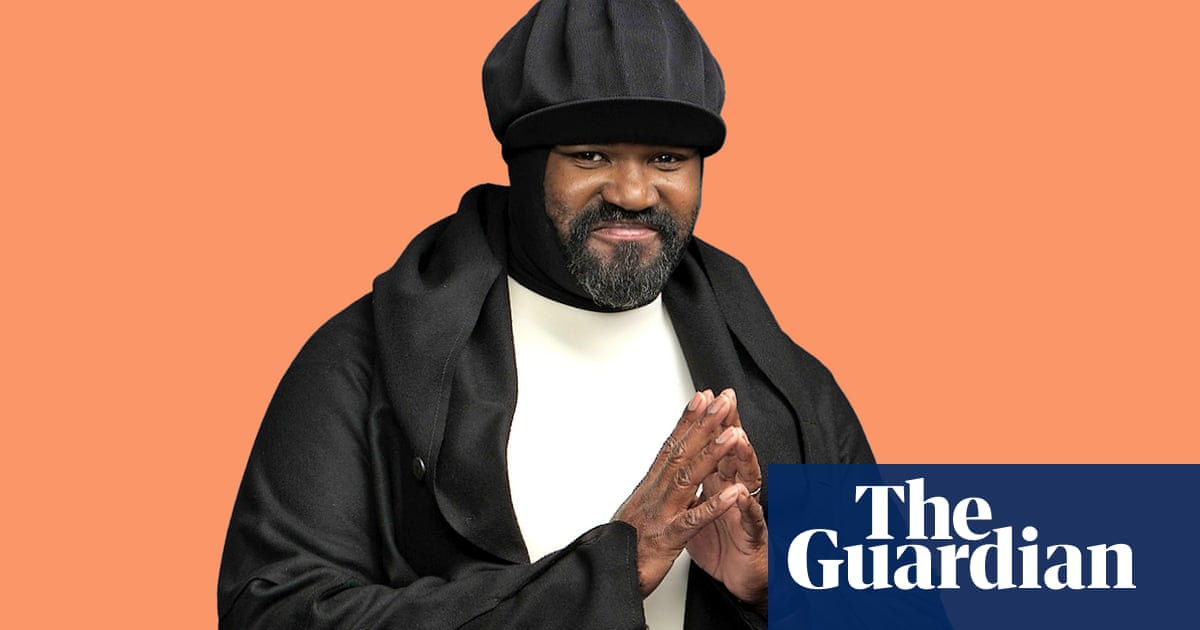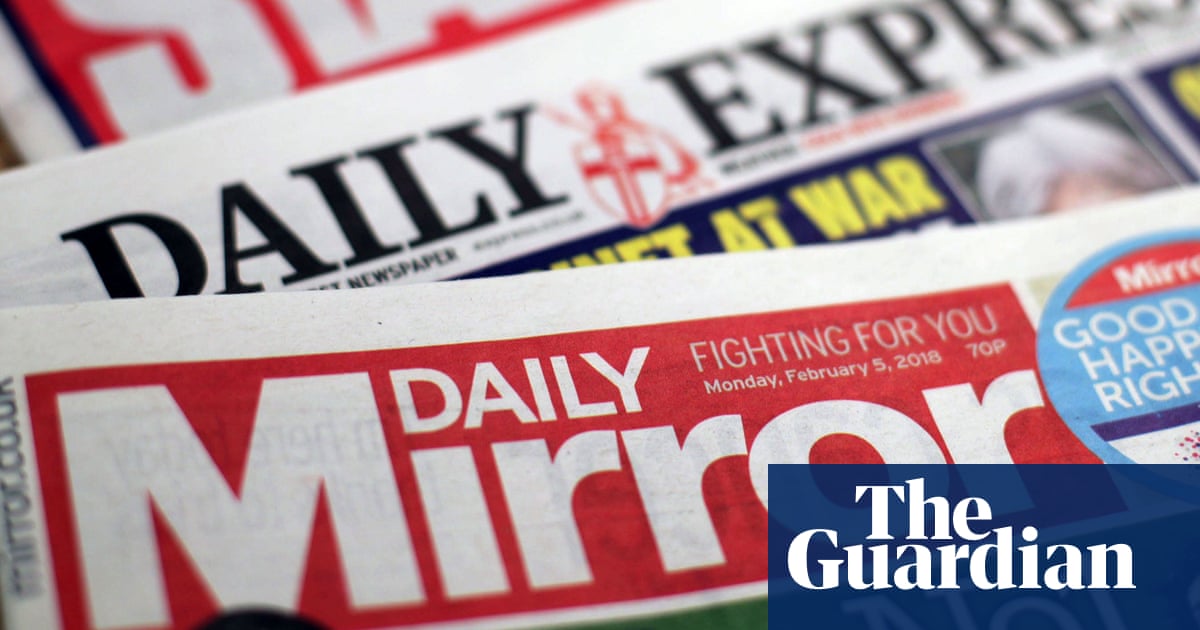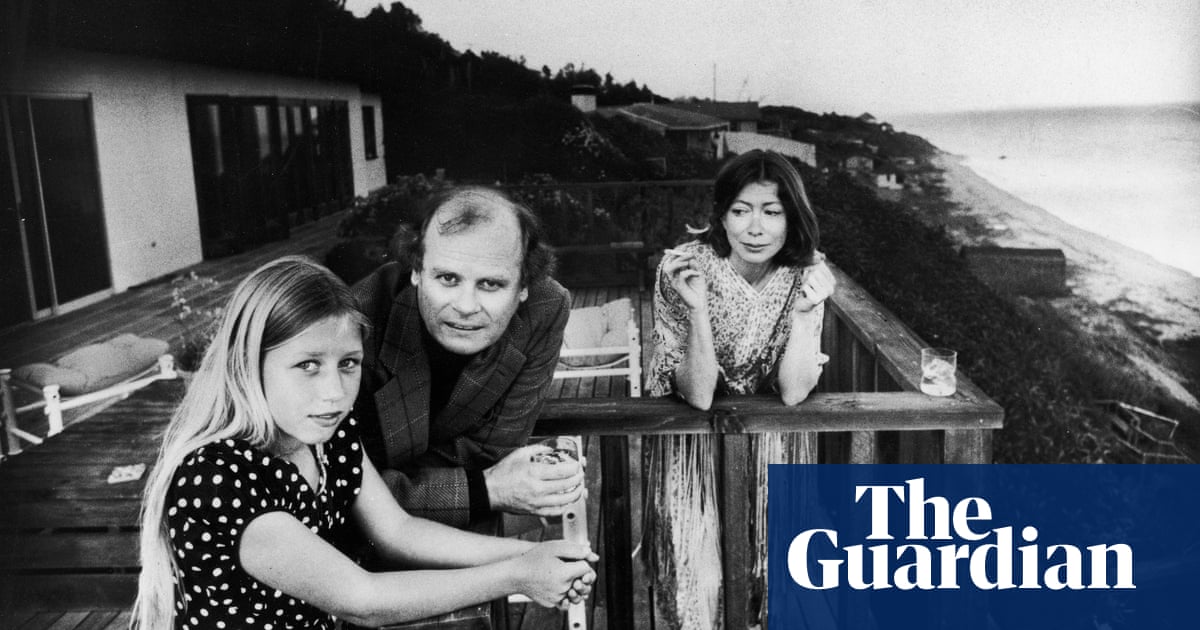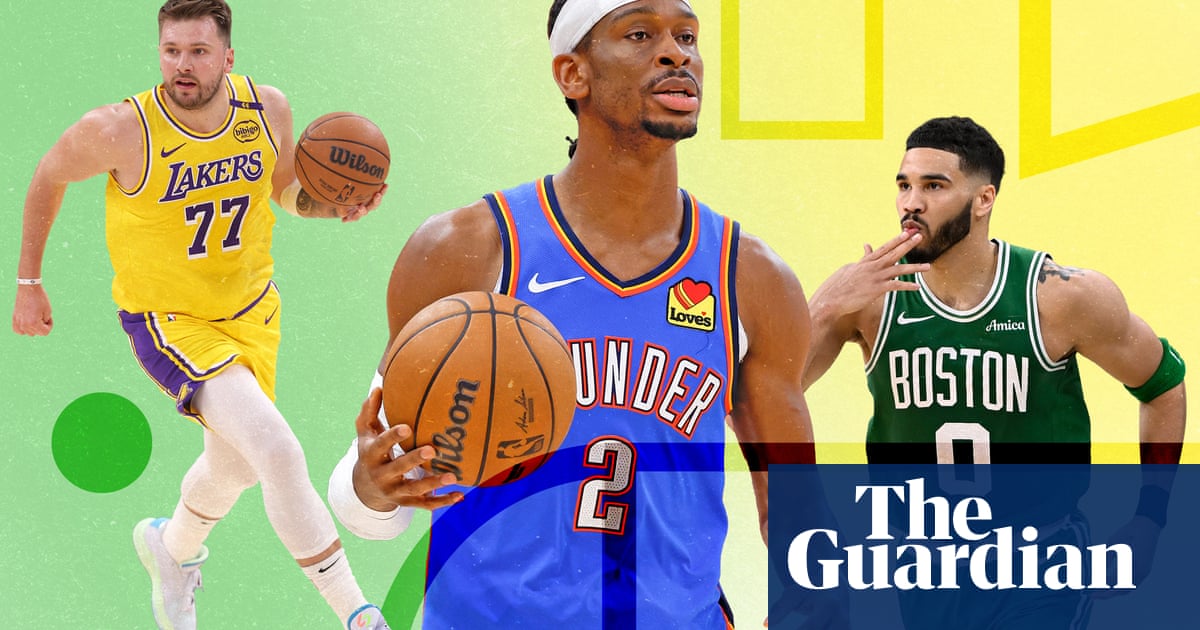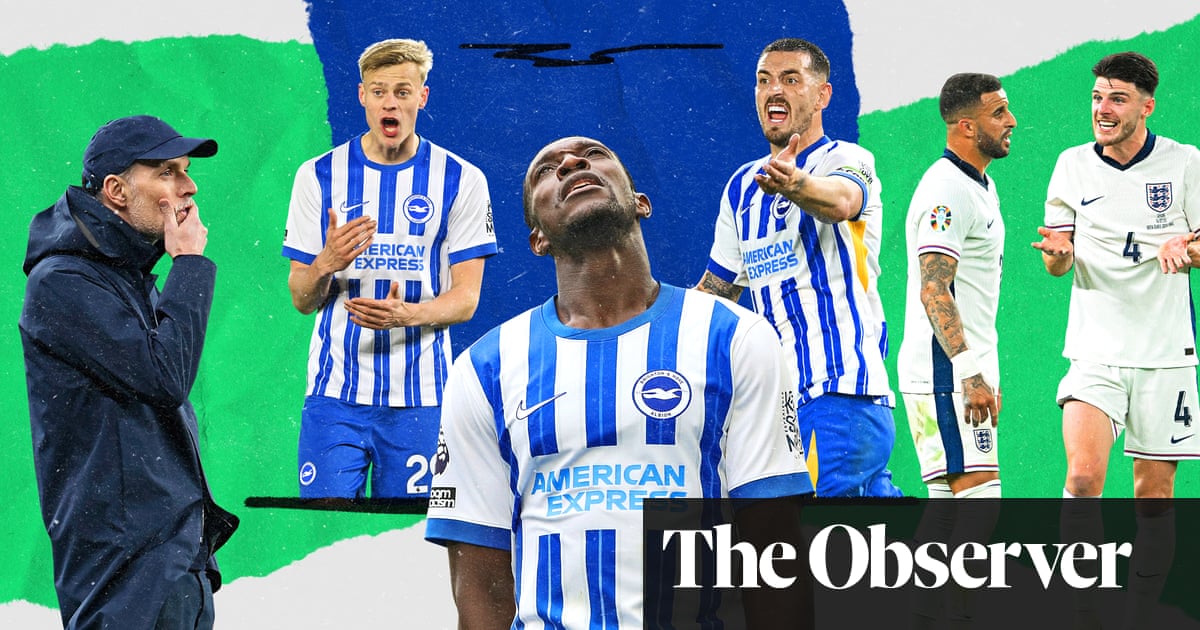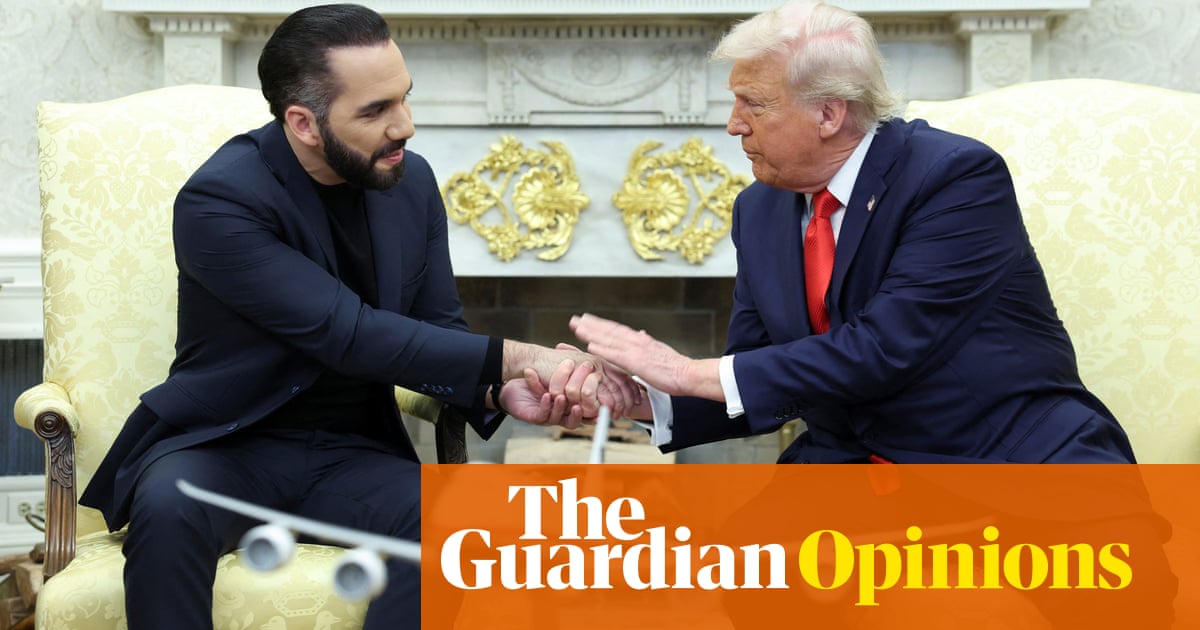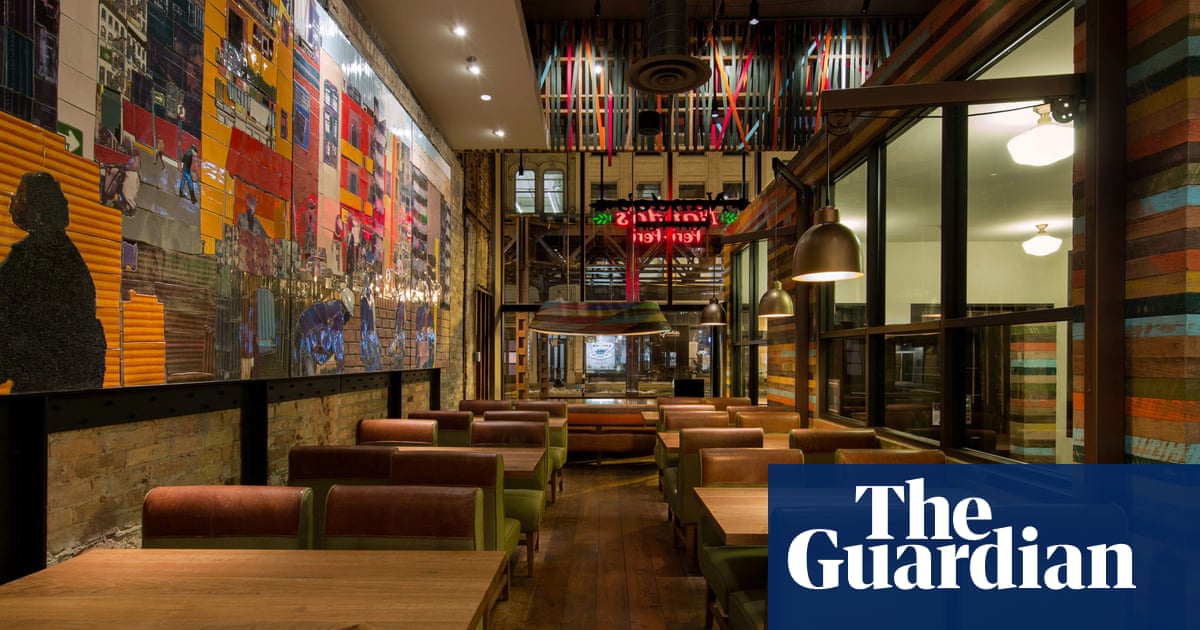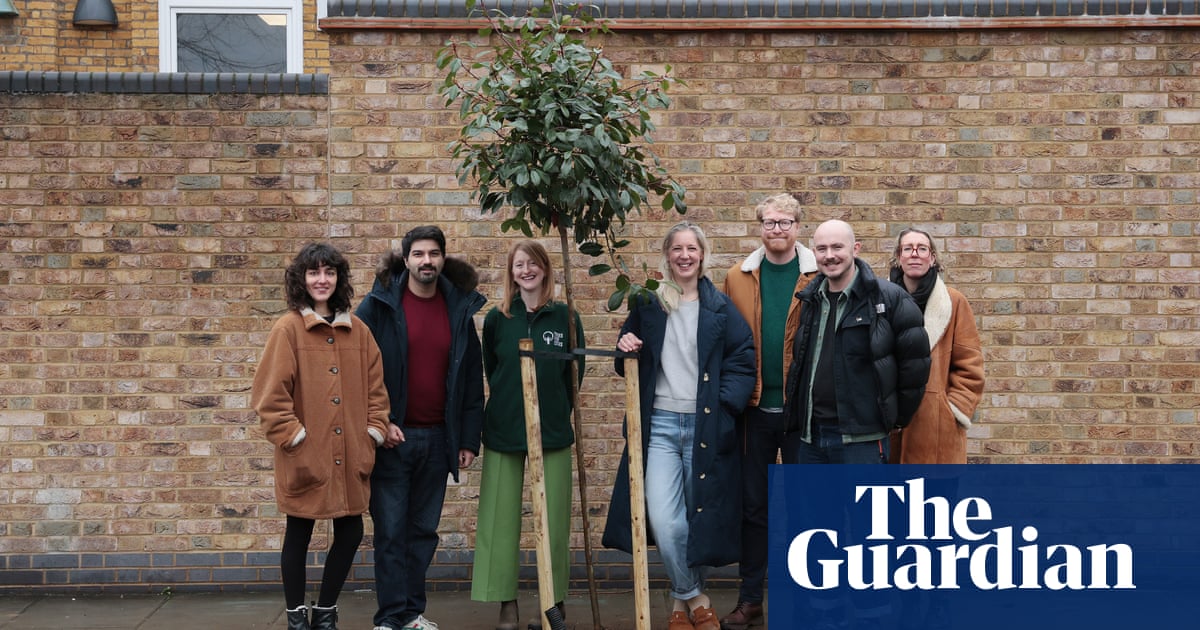There was a lot riding on the Paris Paralympics, but they delivered. A Games that had the challenge not only of exciting the people of Paris but of reviving the movement behind disability sport served up world-class entertainment to full stadiums and made the French capital more accessible on top. Paris was a triumph, if not quite a perfect one, but the question already being asked is: what next?
For ParalympicsGB the answers are relatively clear. After another second place in the medal table, ahead of the US and the host nation and behind only China, funding has been locked in for the next four-year cycle for Los Angeles 2028. A £330m package across Olympic and Paralympic programmes enriched every one of the latter’s 18 world-class programmes with a funding increase. William Ellard in the pool, Archie Atkinson in the velodrome and the table tennis semi-finalist Bly Twomey are new faces who emerged in Paris with prospects for glory in Los Angeles. The 2028 Games, even with the political complications of a Trump presidency, are something athletes and officials are excited by.
Continuing success for British Paralympians and the growth of elite disability sports in the UK are not to be taken lightly. The country continues to be a model for others. Channel 4 is the broadcaster the president of the International Paralympic Committee, Andrew Parsons, commends as having “consistently led the way”, claiming it “delivered the most accessible Games yet” with its coverage in 2024.
Former Paralympians such as Ade Adepitan and Dame Tanni Grey-Thompson are public figures whose remarks on their sports and issues of equality cut through with the public. Active athletes such as Dame Sarah Storey and Hannah Cockroft have also used their platforms to speak out on social issues this past 12 months, meaning that – for example – issues of accessibility for people with disabilities at last registered on a national stage this year.

What disability sport and the Paralympic movement more broadly need is for the success, visibility and influence that manifested so powerfully in 2024 to continue now that the spotlight of the Games has passed. That’s hardly a new challenge, but it remains unresolved and it’s a tricky conundrum.
Speak to Paralympians and the first thing they will point to is the lack of broadcast coverage for para-sport in off years. There are notable exceptions: again Channel 4 has shown commitment to the FA Disability Cup weekend from St George’s Park each spring; the BBC offers the best dedicated news coverage of para sport, broadcasts occasional events, and has long included Paralympians in the cast of its big shows such as Strictly Come Dancing too. But can you be sure you will be able to see the World Para Athletic Championships in New Delhi next autumn? Or the Wheelchair Rugby World Championship in 2026? You cannot.
Any blame for the absence of regular predictable coverage must at least partly be laid at the door of broadcasters. But organisers appear unable to help the situation. The venue for the World Para Athletic Championships was confirmed only this month, while a host is apparently still being sought for the Wheelchair Rugby the following year. In struggling to find places willing to commit the necessary resources to stage major tournaments, para sports bodies are hardly alone (see the ongoing strife of the Commonwealth Games), but without predictability it is hard to build awareness.
One of the most intriguing solutions proposed to solve the problem of visibility is to stage more integrated events. Jonnie Peacock has long called for para-athletics fields to be regularly included in Diamond League events. Last summer he made the same request of Michael Johnson and his new high-frequency Grand Slam Track concept.
Peacock argues the races must not only be incorporated but put at the heart of any programme, affording para-sport equal status. To their credit, this is the approach already taken by tennis’s grand slams towards wheelchair events, leading to a rise in profile for both the sport itself and individual athletes such as Britain’s Alfie Hewett. Similarly mixed events could surely boost the profile of other sports too, from para-swimming to blind football – a distinct Paralympic hit.
after newsletter promotion

Will organisers and broadcasters get their acts together? Will social media companies, not often renowned for spreading joy, put money behind boosting disability sport, to back up all the press releases trumpeting engagement during the Paralympics? Time will tell. But change has already occurred. Para-athletes themselves and ParalympicsGB have both changed their approach to engaging with the public, deliberately putting themselves out there and with purpose.
The Every Body Moves campaign, to inspire more people with disabilities to take up sport, has started to create grassroots networks and facilitate more effective campaigning (another, more political effort, Equal Play, is focused on increasing accessibility to sport within schools). In conjunction with the BBC and the Premier League the Super Movers for Every Body web series backs up that message with videos detailing exercises for, yes, every body.
With athletes using traditional and modern media to not only boost their profile but share their life experiences, there is a growing ecosystem that both celebrates and helps to sustain disability sport and it exists entirely outside stadiums. In the battle against the between-Games blues, it could prove a valuable tool.

.png) 3 months ago
26
3 months ago
26

